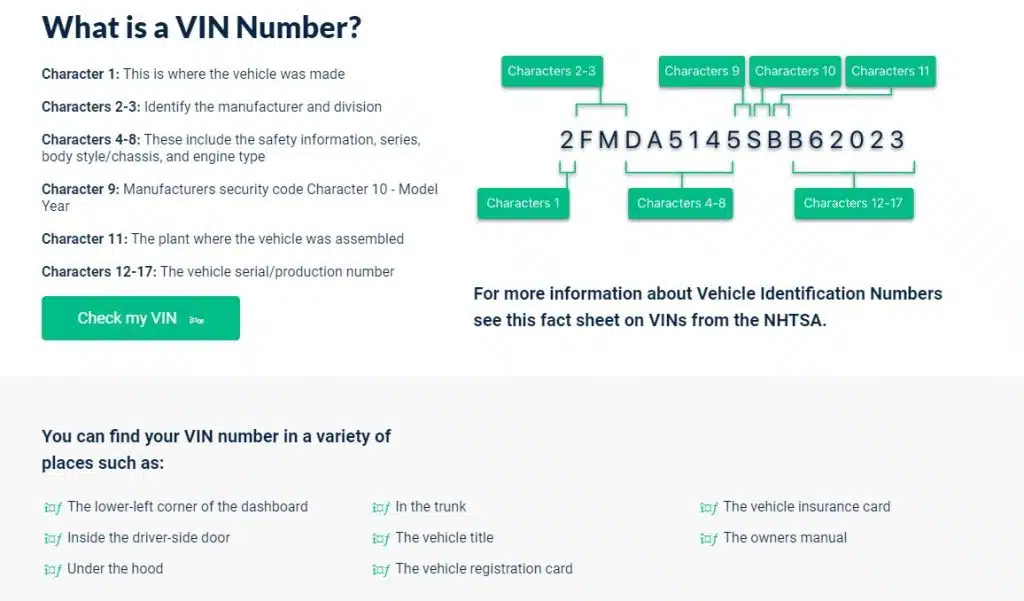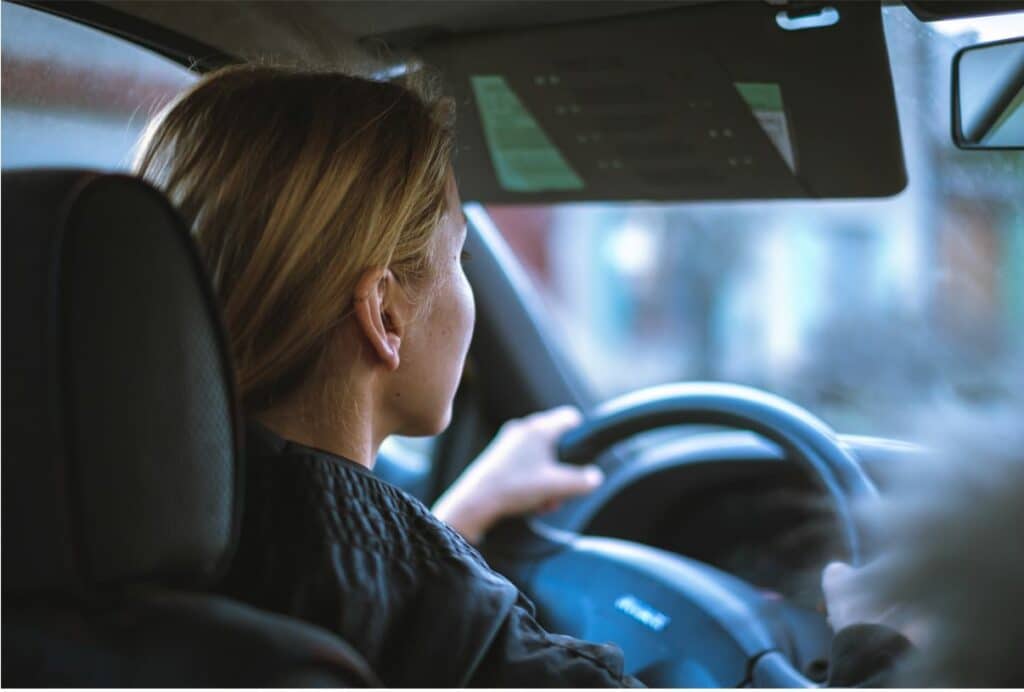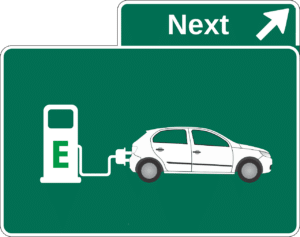Teen driver safety is crucial. Getting your driver’s license has become a right of passage. It is one of the first major steps of entering into adulthood. Teens are thrilled at the prospect of being able to drive on their own. However, parents cringe at the thought of allowing their teen to be on the road.
After spending years and years protecting your children, it is hard to let them go. For many, it is hard to let teens drive on their own. Parents understand their teens need experience driving to become better drivers. But they also know lack of experience can lead to accidents.
Teen Driver Safety Tips
To enhance teen driver safety, parents are encouraged to use the following tips to help their teen driver.
Set Rules About Distractions
Distracted driving is the leading cause of teen accidents. This is mainly due to their inexperience. However, teens have a fondness for their handheld devices. Set rules about cellphone use in the vehicle, eating while driving, and even radio use if necessary.
Remember – your teen will mimic your driving habits. So make sure that you reduce all distractions while driving. Lead by example.
Set Rules on Passenger Numbers
It is not unusual for a group of teens to want to get together and have fun. When your teen first starts driving on their own, limit the number of passengers they can have in the car at once. Too many passengers in a vehicle is a huge distraction for your new driver.
Seat Belt Use
Make sure your teen wears their seatbelt. Also, make sure they require any passengers in the car to wear seatbelts. Wearing seatbelts saves lives. In addition, remind your teen that a seatbelt violation is considered a moving violation. This will result in a ticket. Because they are minors, a ticket will impact their insurance rates. Set ultimatums for seatbelt use. No Seatbelt – No Driving.
Speeding
Excessive speeds account for almost 30 percent of all accidents involving teens. It also accounts for nearly 80 percent of all tickets received by teens. It can never be stressed enough that your teenager understand the importance of following speed limits. Even if they feel they can manage a car at higher speeds, these laws are in place for a reason.
Drowsy Driving
Driving while you are tired is risky for everyone. For teens who do not have a lot of experience behind the wheel, it is an even higher risk. Driving can be very monotonous. It can lead to a very calm feeling. If you are already tired, this will make your body relax enough to go back to sleep.
Extended driving can also lead to drowsiness on the road. Road “hypnotism” is genuine. Driving and watching the road relaxes your brain. Some drivers forget they are driving.
Speak with your teen about driving while drowsy. Encourage them to avoid doing this if possible and take breaks if they are on extended drives.
Driving Under The Influence
For over 30 years, there has been an aggressive campaign against driving while under the influence. Ensure that your teen is aware of how dangerous this is and why they should avoid this at any cost.
Make sure to set a rule for “Calling Home.” When a teen finds themselves making poor decisions, they must call for a ride. Make sure you set a rule in the house about not driving while under the influence.
You can deal with their use of the substance the next day. But you always want them to feel like they can call you for a ride, regardless. This simple agreement between you and your teen will save their life.
Sometimes Driver’s Education Is Not Enough
Many states have set laws that require teens to drive with their parents for a certain number of hours before being issued their license. These hours are split between daytime and evening driving. Many states also limit the hours teens can be on the road since a majority of accidents often happen after 11 pm when teens are involved.
If your state does not have these teen driver safety laws in place, you need to consider making these family laws. Require your teen drives with you for at least 40 hours during daylight and 30 hours of evening and nighttime driving before they are allowed to be fully on their own.
You may also want to consider limiting their driving to being home by 11 pm for the first six months of driving on their own. In this way, they are not on the roads during the high-risk hours.
VINsmart encourages you to use these tips for teen driver safety. Education is the key to protecting your loved ones on the roadway.
When Purchasing A Vehicle
Always remember to have a VINsmart report run on the vehicle before making any vehicle purchase. A VINsmart report runs a complete history on the vehicle including whether it has ever been reported as stolen, has been involved in a major accident, or has been listed as a totaled vehicle.
VINsmart reports will also give you a history of every time the vehicle has been registered as well as a history of the mileage. It reports any significant incidents related to the vehicle, such as being involved in a fire or flood.
When you are going to purchase a used vehicle, the best way to ensure you are making a good purchase is to know the vehicle’s complete history.






